The F.M. Kirby Neurobiology Center is fully committed to recruiting and supporting talented individuals and ensuring they all have a place in our research community.
In the Media
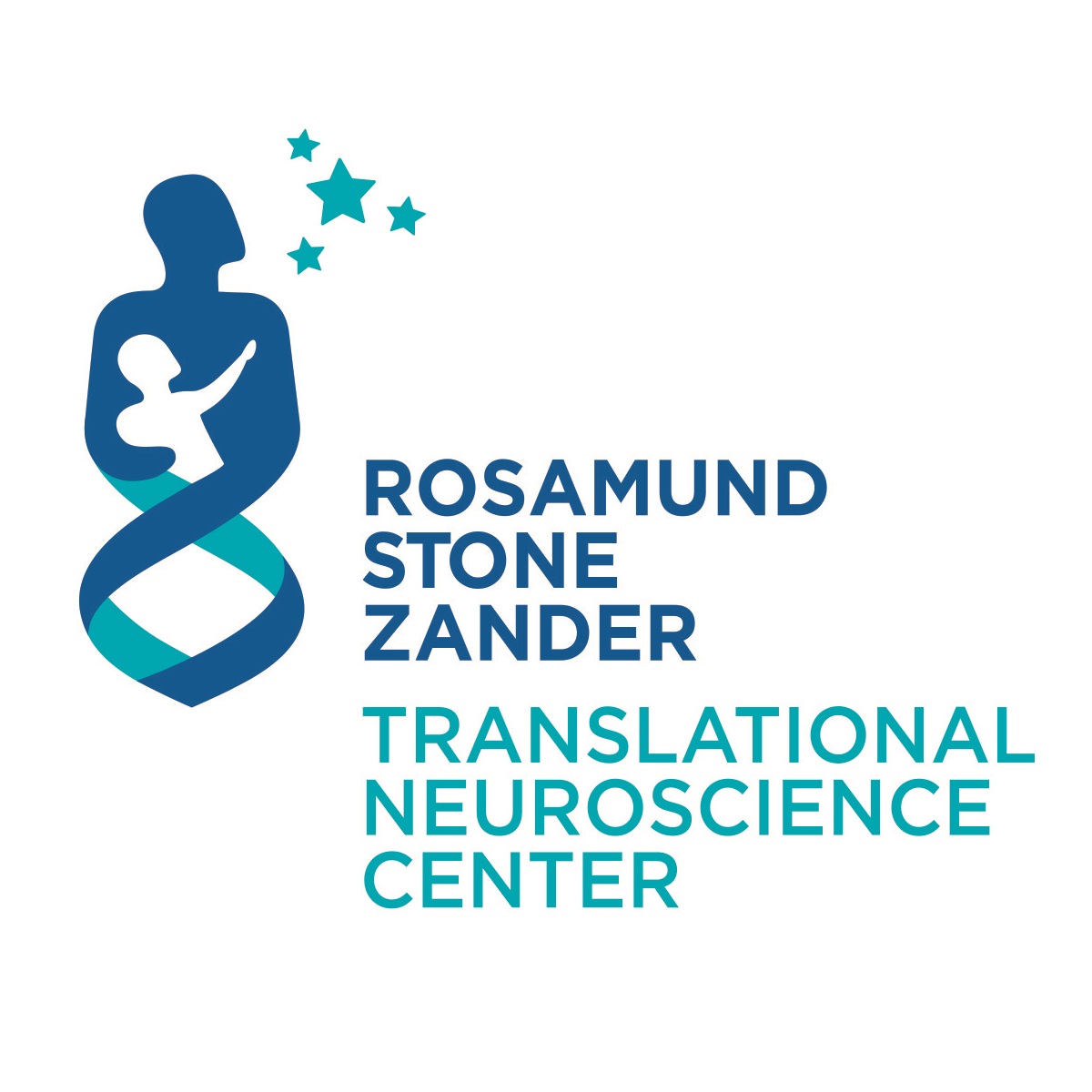
May 2023
Rosamund Stone Zander Translational Neuroscience Center Selects Two Fellowship Awardees
Cultivating the next generation of translational scientists focused on childhood brain disorders is a key priority of the Rosamund Stone Zander Translational Neuroscience Center (RSZ TNC) at Boston Children’s Hospital (BCH). The RSZ TNC is therefore delighted to announce the selection of its newest cohort of postdoctoral fellows for 2023. These two outstanding candidates, Dr. Chen Ding and Dr. Sneham Tiwari, were chosen for their qualifications and ambitious research proposals. Each will have the opportunity to build translational research projects with the mentorship of leaders in their fields, and will leverage the full depth and breadth of resources at the RSZ TNC and BCH throughout their two-year fellowship program.
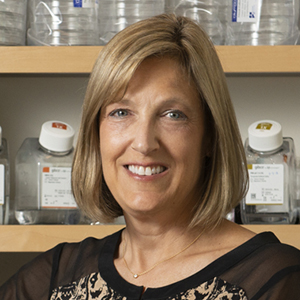
April 2023
Congratulations Dr. Elizabeth Engle for Being Elected to the American Academy of Arts & Sciences
This year’s election of new members to the American Academy of Arts and Sciences maintains a commitment to honoring excellence that began more than 240 years ago. In 1780, the Academy’s founders – including John Adams and John Hancock – envisioned an organization that would recognize accomplished individuals and engage them in addressing the greatest challenges facing the young nation. The first members elected to the Academy in 1781 included Benjamin Franklin and George Washington.
Today, the Academy continues to be both an honorary society, electing new members from the non-profit, private, and public sectors, and an independent policy organization with initiatives in the arts, democracy, education, global affairs, and science.
When announcing this year’s new members, Academy President David W. Oxtoby said, “With the election of these members, the Academy is honoring excellence, innovation, and leadership and recognizing a broad array of stellar accomplishments. We hope every new member celebrates this achievement and joins our work advancing the common good.”
The nearly 270 members elected in 2023 are drawn from academia, the arts, industry, policy, research, and science, and include more than 40 International Honorary Members (IHM) from 23 countries.

October 2022
Rosamund Stone Zander Translational Neuroscience Center Selects Two Pilot Grant Awardees
The Rosamund Stone Zander Translational Neuroscience Center (RSZ TNC) at Boston Children’s Hospital is delighted to announce the selection of its annual Pilot Grant awardees. The mission of the RSZ TNC is to improve the lives of children with brain disorders via timely and efficient translation of scientific research through collaboration among Boston Children’s Hospital’s exceptional investigators and in partnership with the external research community. To fulfill the goal of “timely and efficient translation”, the RSZ TNC Pilot Grant aims to support translational research on neurodevelopmental disorders within the domains of Preclinical Research, Mechanism-based Therapeutic Development, Translational Biomarkers, and Gene-based Clinical Research and Trials.
“EEG Biomarkers of Preferential Psychostimulant Treatment Response in Children with ADHD”
Anne Arnett, PhD and Eugenia Chan, MD, PhD (Division of Developmental Medicine)
“Circadian Biology of EHMT1 and Sleep-associated Neurodevelopmental Collapse in Kleefstra Syndrome”
Jonathan Lipton, MD, PhD and Siddharth Srivastava, MD (Department of Neurology)
The RSZ TNC Pilot Grant awardees will begin their funded research in October 2022 and have the opportunity to apply for a second year of funding pending research progress and success. New RSZ TNC Pilot Grant awards will be offered annually.
For more information, please contact tnc@childrens.harvard.edu or visit www.RSZTNC.org

August 2022
Tommy Fuss Independent Investigator Award
Congratulations to Todd Anthony, PhD, recipient of an Independent Investigator Award from the Tommy Fuss Center for Neuropsychiatric Disease Research. Dr. Anthony’s project, entitled “Bottom-up control of cortical sensory processing and threat perception,” is designed to test a working model of how discrete lateral septum to cortex pathways may contribute to stress-dependent modulation of threat perception and sensory processing which, when dysregulated, could contribute to chronic psychiatric disorders such Post-Traumatic Stress Disorder (PTSD).

JULY 2022
Building a Better Painkiller
On a quest to develop more effective pain medicines, Drs. Clifford Woolf and Bruce Bean are studying how CBD inhibits pain-sensing neurons.
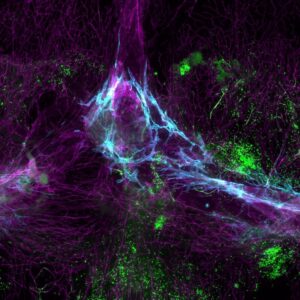
JUNE 2022
Guardians of the brain: how a special immune system protects our grey matter
The nervous and immune systems are tightly intertwined. Deciphering their chatter might help address many brain disorders and diseases.

MAY 2022
F. M. Kirby Foundation Annouces $6.1 Million In Grants
Following a recent meeting of the Board of Directors, the F. M. Kirby Foundation announced that 83 grants totaling $6.1 million were made in the first four months of 2022 to nonprofit organizations working to foster self-reliance and create strong, healthy communities throughout Connecticut, New Jersey, New York, Pennsylvania, and North Carolina, as well as national nonprofits largely based in Washington, D.C. and New York City.
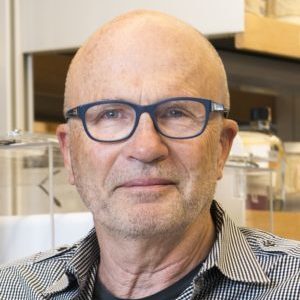
MAY 2022
Hoopes Prize 2022
Congratulations to Andrew Ham (Woolf lab) Hoopes Prize winner for his project entitled “Nociceptor Control over Resolution of Inflammation and Tissue Repair in the Skin.”

MARCH 2022
Vertex’s non-opioid painkiller shows promise in people recovering from surgery
Medical experts say the findings from the Boston biotech are encouraging, but that more data are needed.
“There is an enormous need for novel non-opioid analgesics with no abuse liability,” and Vertex’s results are an “important advance,” said Dr. Clifford J. Woolf. Read the full article using the link below.

MARCH 2022
Painkillers That Don’t Kill
Scientists are getting closer to designing safer, more targeted pain drugs to replace opioids. Read the full article featuring Dr. Woolf on Nautilus in the Health section.

MARCH 2022
Newly discovered brain cells may be a memory filing system, study suggests
Jie Zheng, of the Kreiman lab, and a group of scientists from Cedars-Sinai in L.A., and the University of Toronto collaborated utilizing a federally funded BRAIN Initiative consortium that led to the discovery of two new groups of brain cells: boundary and event cells. They theorized that these neurons are involved in cleaving experiences into distinct events that humans can better remember. The study, published in Nature Neuroscience , and featured in STAT, may pave the way for new treatments for memory disorders.

APRIL 2022
2022 Fuss Fellowship
Congratulations to Dr. Philippe Morquette recipient of a 2022 Fuss Fellowship. The Fuss Fellowship Program is designed to identify and train outstanding young scientists, preparing them for a career researching mental illnesses. As part of Dr. Michael Do’s laboratory, Dr. Morquette’s work is designed to characterizing how specific neural populations influence major depression.

FEBRUARY 2022
2022 Harvard College Research Program Award
Congratulations to Dignity Butts, undergraduate student in the Engle lab, who received the Spring 2022 Harvard College Research Program Award!
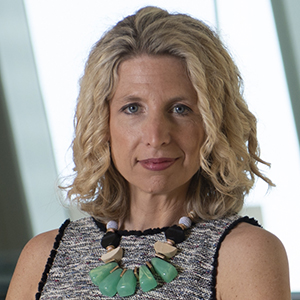
DECEMBER 2021
Beth Stevens on BCC Radio 4 Thought
Beth Stevens talks about the brain cells most people have never heard of, and suggests what they might have to teach us.
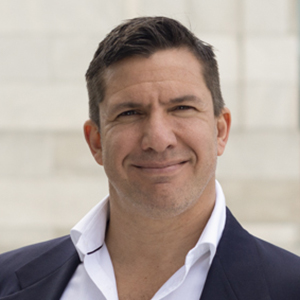
DECEMBER 2021
Building a Map of the Human Brain Functional Connections at the Mesoscale
Network models seek to explain how individual brain regions critical for vision, hearing, language and other functions, may be integrated to produce the full variety of human behavior. Our latest work, published in Cell Reports, provides the first extensive mesoscopic scale quantitative characterization of functional interactions between areas of human cerebral cortex. This functional connectome will help scientists better understand information flow in the brain, in the future leading to new cures for neurological disorders and the translation of natural intelligence to artificial intelligence algorithms.

DECEMBER 2021
Jennifer N. Bourne Prize in Brain Ultrastructure: Cordelia Imig and Wei-Chung Lee
Congratulations to Wei-Chung Allen Lee named alongside Cordelia Imig as a receipient of the Jennifer N. Bourne Prize in Brain Ultrastructure. The newly established prize recognizes early career neuroscientists for outstanding work that advances our understanding of brain structure and function at the nanometer scale. Named for Jennifer N. Bourne, PhD, an electron microscopist and core facility director who studied the structural plasticity of synapses and died suddenly in 2021, the award recognizes researchers who are within their first five years of academic appointments.
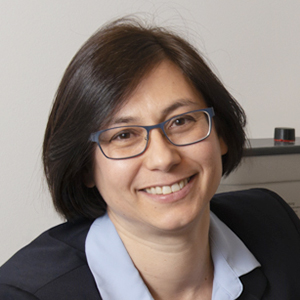
October 2021
Equipment and Core Resources Allocation Committee Awards 2021
Congratulations to Michela Fagiolini, and Zhigang He on their Equipment and Core Resources Allocation Committee awards. Dr. Fagiolini received funding for a video EEG system and Dr. He was funded to purchase a SW 32 Ti swinging-bucket rotor package.
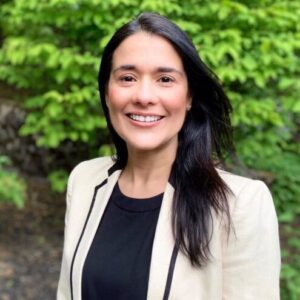
October 2021
“Chopra-Amiel-Gordon syndrome” named in recognition of Maya Chopra and colleagues
The “Chopra-Amiel-Gordon syndrome” (CAGS) has been named in recognition of Dr. Maya Chopra and colleague’s work. This new gene for syndromic intellectual disability has been described, and researchers at the Rosamund Stone Zander Translational Neuroscience Center (RSZ-TNC), are leading efforts to better understand it. Dr. Maya Chopra is the Director of Translational Genomic Medicine at the RSZ TNC.
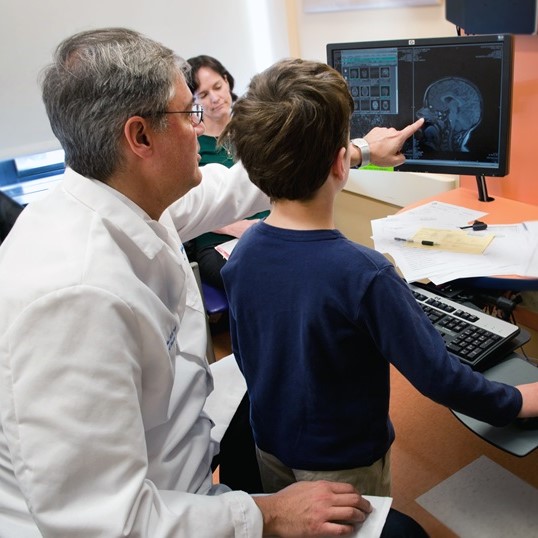
October 2021
Rosamund Stone Zander Translational Neuroscience Center Selects Four Pilot Grant Awardees
The Rosamund Stone Zander Translational Neuroscience Center (RSZ TNC) at Boston Children’s Hospital is delighted to announce the selection of its annual Pilot Grant awardees. The mission of the RSZ TNC is to improve the lives of children with brain disorders via timely and efficient translation of scientific research through collaboration among Boston Children’s Hospital’s exceptional investigators and in partnership with the external research community. To fulfill the goal of “timely and efficient translation”, the RSZ TNC Pilot Grant aims to support translational research on neurodevelopmental disorders within the domains of Preclinical Research, Mechanism-based Therapeutic Development, Translational Biomarkers, and Gene-based Clinical Research and Trials.
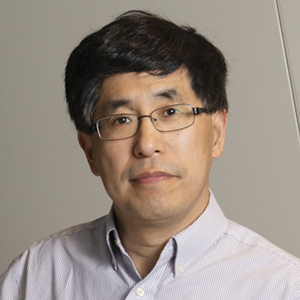
October 2021
Zhigang He elected to National Academy of Medicine
The National Academy of Medicine announced its new members and Zhigang He, MD, PHD was elected for his breakthrough discoveries regarding the mechanisms of axon regeneration and functional repair following central nervous system injuries, providing foundational knowledge and molecular targets for developing restorative therapies to treat spinal cord injury, stroke, glaucoma, and other neurodegenerative disorders.
Election to the Academy is considered one of the highest honors in the fields of health and medicine and recognizes individuals who have demonstrated outstanding professional achievement and commitment to service. Congratulations Dr. He!
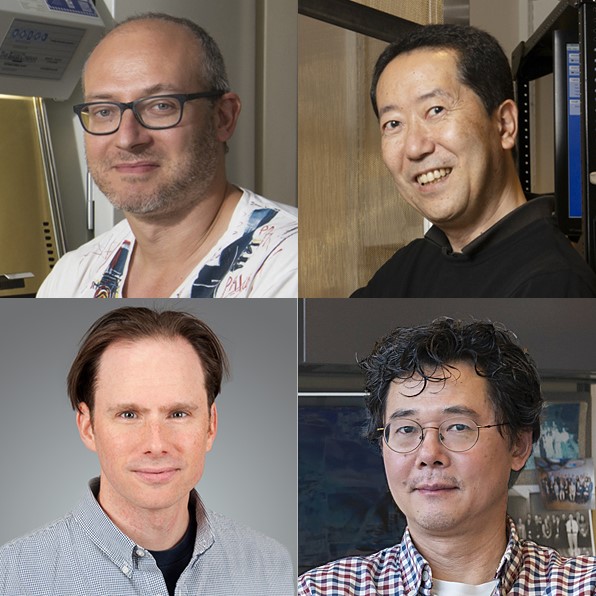
October 2021
Kirby Innovation Award Program 2021-2022
With generous support, from the F.M. Kirby Foundation and the Lavine family, the Kirby Center was able to fund 4 Innovation projects in 2021, including:
Todd Anthony, PhD. Neuronal basis of Comorbid Sensory, Social, and Emotional Deficits in Autism Spectrum Disorder
Xi He, PhD, A Novel Therapeutic Strategy for Atopic Dermatitis
Jonathan Lipton, MD, PhD CLOCK and Nucleocytoplasmic transport: a target for the dissolution of circadian timing in Neurodegeneration
Hisashi Umemori, MD, PhD. In vivo Imaging of the Determinants of Activity-Dependent Synapse Elimination
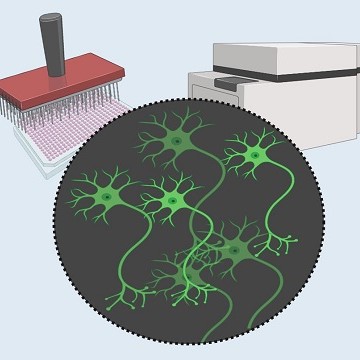
August 2021
Screening Against Pathological Neuronal Firing
Phenotypic screening using stem cell-derived human cells is a powerful new tool for drug discovery. By simultaneously measuring the effects of thousands of compounds on disease-specific cellular phenotypes, such as cell death or axon degeneration, we can discover new targets through the screening compounds’ known biological activities and use this as a start to introduce new treatments. In many neurological disorders, neuronal excitability is altered and contributes to disease onset and progression. If a new screening platform can be designed to measure neuronal excitability in a high-throughput manner, we can then expand the drug development process to discover ways to reverse such pathological phenotypes.

August 2021
Rosamund Stone Zander Translational Neuroscience Center Selects Two Fellowship Awardees
The Rosamund Stone Zander Translational Neuroscience Center (RSZ TNC) at Boston Children’s Hospital is delighted to announce the selection of its first-ever post-doctoral fellowship awardees. The goal of the new RSZ TNC fellowship program is to develop the next generation of translational scientists focused on childhood brain disorders. Two exceptional candidates were selected, Wenkang An and Kristina Johnson, and each will have the opportunity to build translational research projects with the mentorship of leaders in the field at BCH. The fellowship training program will leverage the depth and breadth of the expertise within the RSZ TNC and BCH through mentorship by clinicians, basic scientists and industry and non-profit experts.
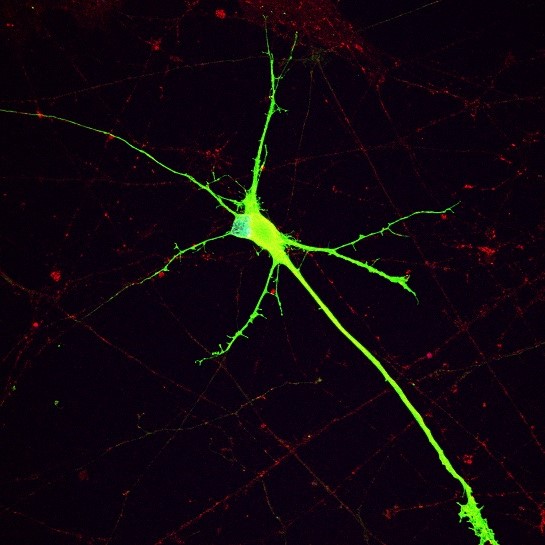
August 2021
Disease Characteristics of Dopaminergic Neurons in Neurodevelopmental and Neuropsychiatric Disorders
Maria Sundberg shares new research from the lab of Mustafa Sahin on the role of a small piece of chromosome 16, called the 16p11.2 locus, in disease phenotypes of dopaminergic neurons. The team identified that RhoA pathway activation led to network dysfunction in 16p11.2 deletion neurons. Its inhibitor, Rhosin, rescued the hyperactivity of these neuronal networks. In the future, the RhoA pathway and its inhibitors may serve as potential therapeutic targets.

July 2021
BrightFocus Foundation Sponsorship
A big congratulations to Kimberly Wong, PhD of the Benowitz Lab for securing BrightFocus Foundation funding for her project titled: Transcriptional mechanisms that regulate ganglion cell survival and axon regeneration! The goal of the project is to investigate how cell death and axon regeneration are regulated by the proteins dual leucine zipper kinase (DLK) and leucine zipper kinase (LZK). This work can lead to the development of new therapies to halt or even reverse RGC death and vision loss.
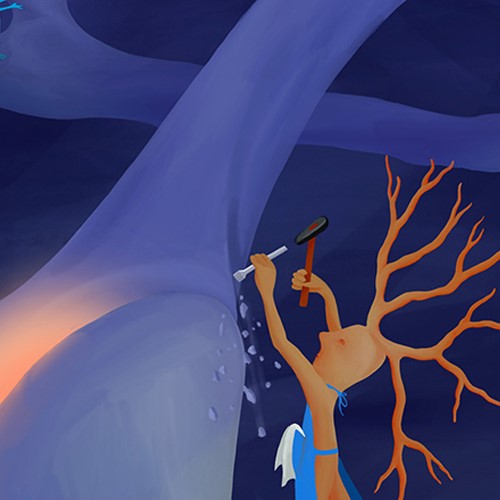
July 2021
The Brain’s Wiring Technicians
From the bark of a puppy to the patter of rain against the window, our brains receive countless signals every second. Most of the time, we tune out inconsequential cues—the buzz of a fly, the soft rustle of leaves in the tree—and pay attention to important ones—the sound of a car horn, a bang on the door. This allows us to function, navigate and, indeed, survive in the world around us.
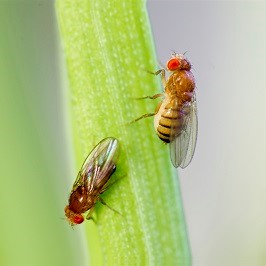
July 2021
Awakening a Dormant Drive
The drives to eat, drink, and sleep are with us from birth until death. The motivation to mate stands apart in that it emerges later in life. This is true in many animals, including flies. Where does mating drive come from? Is it generated by new wiring, or was it there all along, lying dormant? While neuroscience has long assumed the former, we find evidence for the latter.
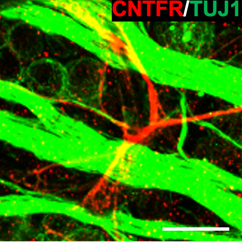
June 2021
A Case of Mistaken Identity Leads to the Discovery of a Potent Agent for CNS Repair
The optic nerve conveys visual information from the eye to the brain. Unfortunately, like other pathways in the central nervous system (CNS), the optic nerve cannot regenerate when injured, resulting in lifelong blindness for victims of traumatic or ischemic damage to this pathway or in degenerative diseases such as glaucoma. Over the past 20 years or so, our lab and others have identified ways to stimulate retinal ganglion cells (RGCs), the nerve cells in the eye that convey visual signals to the brain, to begin regenerating injured axons back the brain.
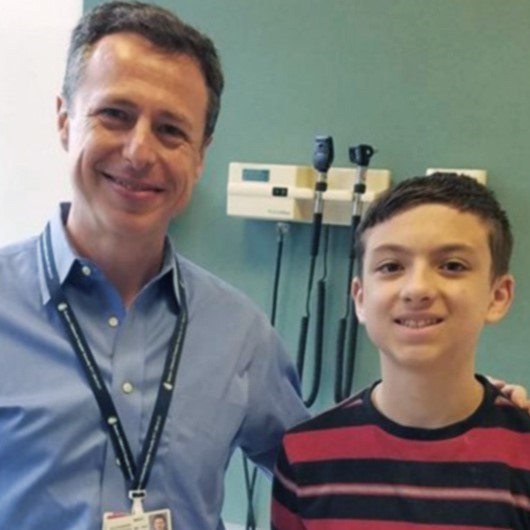
June 2021
I had a seizure. Here’s what I learned.
I was 11 when I had my seizure. I’m 15 now.
I’ve learned a lot since that night, and I owe a lot of what I know to Dr. Alex Rotenberg and the team at Boston Children’s Hospital. They helped me understand what caused my seizure and how to prevent another one. But I’ve also learned a lot on my own.
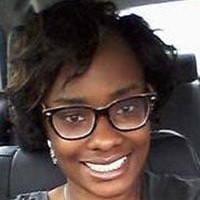
June 2021
Black Scientists Inspiring America!
In December, Cell Mentor recognized ‘1,000 Inspiring Black Scientists in America’. With this list, the Community of Scholars illustrates the breadth and depth of the contributions black scientists have made and will continue to develop and inspire in the future. Among those honored was Boston Children’s Rising Star, Whitney Gibbs, PhD (Neurobiology)!
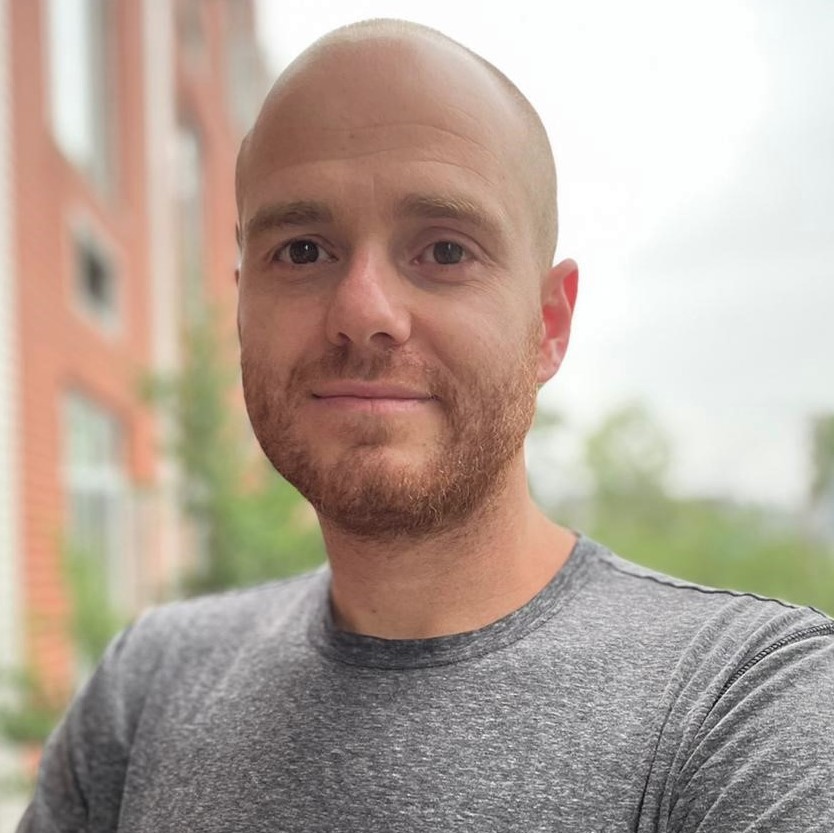
June 2021
2021 Fuss Fellowship
Congratulations to Omer Barkai recipient of the 2021 Fuss Fellowship. The Fuss Fellowship Program is designed to identify and train outstanding young scientists, preparing them for a career researching mental illnesses. The Tommy Fuss Center for Neuropsychiatric Disease Research sponsors this competitive fellowship to help develop the next generation of researchers who will support the center’s mission to unlock the genetics and biology of early onset psychiatric disease, with a focus on early detection, prevention, and intervention.
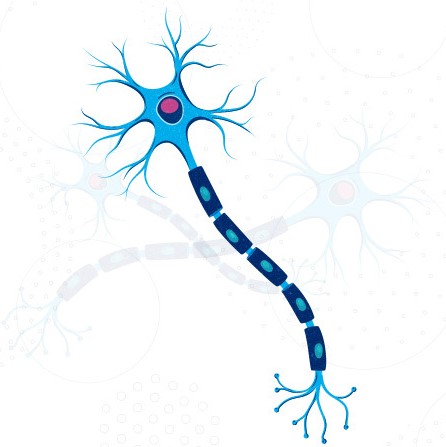
May 2021
New technique yields potential treatment for a common cause of autism
Since 2008, we have known that the 16p11.2 chromosomal region is linked with autism spectrum disorder (ASD). Now, researchers from Boston Children’s have developed a new way to study the effects of 16p11.2 deletion in human neurons. In the process, they also found a potential treatment, possibly expanding the therapeutic options for this specific cause of ASD.
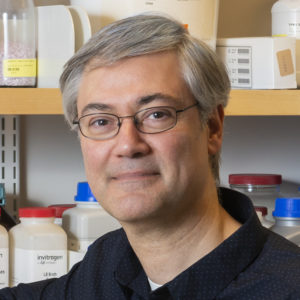
May 2021
National Institute on Neurological Disorders and Stroke RO1 Award
Congratulations to Mustafa Sahin who will received RO1 funding from the National Institute of Health for his project titled Disrupted ciliary signaling in the brain pathology of Tuberous Sclerosis Complex.
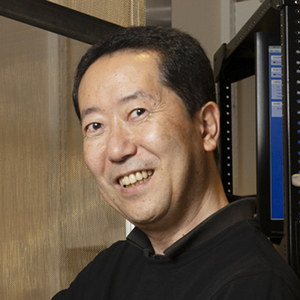
May 2021
National Institute on Drug Abuse and National Institute of Mental Health Awards
Congratulations to Hisashi Umemori on securing two R01 awards from the National Institute of Health. Hisashi’s project titled Finding the projection-specific dopaminergic synaptic organizers will receive funding from the National Institute on Drug Abuse, and his project titled How do neurons in the brain decide to refine their synaptic connections in vivo? will receive funding from the National Institute of Mental Health.

May 2021
National Institute of Health R01 Awards
Congratulations to Zhigang He and Jonathan Lipton on their successful NIH grant applications. Zhigang’s project titled CRSIPR screening for novel regulators of retinal ganglion cell survival and axonal regeneration will receive R01 funding from the National Eye Institute. Jonathan will receive R01 funding from the National Heart, Lung, and Blood Institute for his project titled Investigating Circadian Mechanisms of Cellular Resilience: Rhythmic Condensates, Disorder, and Stress.
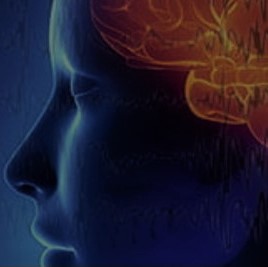
April 2021
Announcing the Launch of the IDDRC-CTSA Brain Gene Registry
Boston Children’s Hospital has taken a lead role, together with Washington University and the University of North Carolina, in launching the new IDDRC-CTSA Brain Gene Registry. This national project, encompassing 13 Intellectual and Developmental Disabilities Centers (IDDRC) sites, under the leadership of Principal Investigator Dr. John Constantino at Washington University, will harness the power of genomic data acquired during clinical care to better understand the relationship between rare gene variants and neurodevelopment.
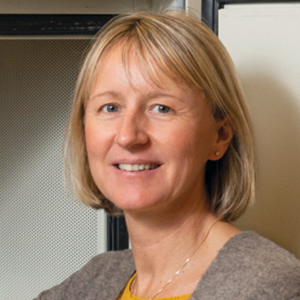
April 2021
Dr. Gwenalle Géléoc appointed Co-Director of Harvard SHBT Program
The Harvard Speech and Hearing Bioscience and Technology (SHBT) Program announced that Dr. Gwenaelle Géléoc has been selected as Co-Director of SHBT. The selection was based on a search process open to all faculty in the Program and led by Dr. Josh McDermott of MIT. As Co-Director, Dr. Géléoc will assist the Director in all aspects of running the program and planning and implementing new educational initiatives.
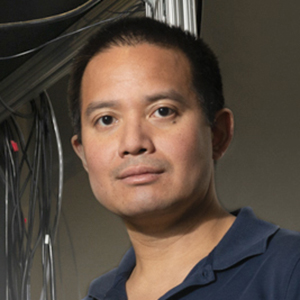
April 2021
National Eye Institute R01 and R21 Awards
Congratulations to Elizabeth Engle, Mike Do, and Mike Crickmore on their successful NIH grant applications. Elizabeth’s project titled Dissecting ocular congenital cranial dysinnervation disorders through whole genome sequence analysis and Mike Crickmore’s project titled Circuit principles of demotivation in the decision to switch behaviors will receive R01 funding. Mike Do’s project titled Origins and Transformations of Signals for Circadian Regulation will receive R21 funding.
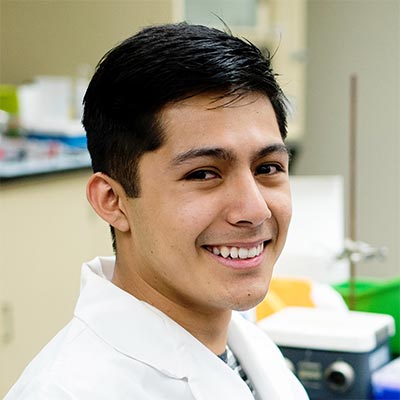
March 2021
Dean’s Community Service Award
Congratulations to Sal Brito, PhD candidate of the Program in Neuroscience won a Dean’s Community Service award for his work in Underrepresented Scholars in Neuroscience.
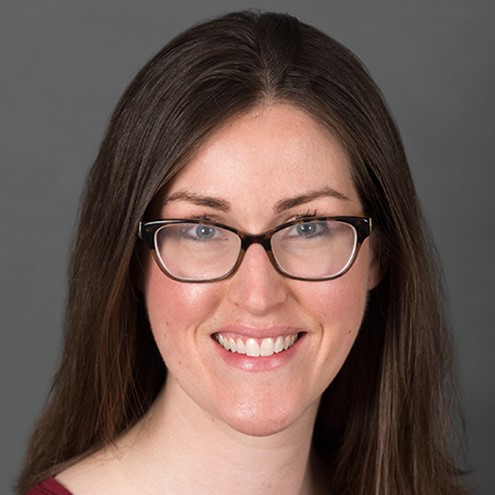
March 2021
2021 HMS William Randolph Hearst Fund Award
Congratulations to Julie Jurgens, PhD postdoctoral fellow in the Engle lab, received the 2021 HMS William Randolph Hearst Fund Award! In her current postdoctoral studies, Julie couples exome and genome sequencing with moderate-throughput screening in zebrafish to uncover the bases of neurodevelopmental disorders.
![Default[1]](https://kirbyneuro.org/wp-content/uploads/2021/03/Default1.jpg)
March 2021
National Science Foundation Graduate Research Fellowship Program Award
Congratulations to Lauren Miner, PhD student in the Crickmore lab, on her National Science Foundation Graduate Research Fellowship Program Award! Lauren’s research seeks to understand how experience impacts future decision-making using the fruit fly as a model organism.
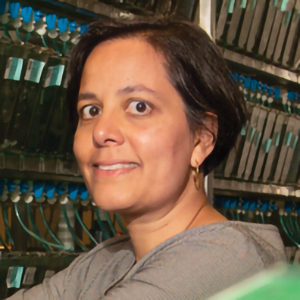
February 2021
Children’s hospitals announce International Precision Child Health Partnership (IPCHiP)
Four leading children’s research institutions on three continents are joining forces to decipher pediatric illnesses, including rare diseases, and find better treatments. The four pediatric hospitals — Boston Children’s Hospital; UCL Great Ormond Street Institute for Child Health and Great Ormond Street Hospital (London); the Murdoch Children’s Research Institute with The Royal Children’s Hospital (Melbourne); and The Hospital for Sick Children (SickKids) (Toronto) — will pool their medical and scientific expertise to analyze medical and genomic data to accelerate discovery and therapeutic development.
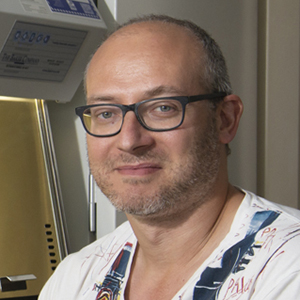
February 2021
Equipment and Core Resources Allocation Committee Awards
Congratulations to Jonathan Lipton, and Zhigang He on their Equipment and Core Resources Allocation Committee awards. Dr. Lipton will use the funding to purchase an Akta Go Liquid Chromatography System, and Dr. He will buy MaxQ 4000 Benchtop Orbital Shakers.

February 2021
ARO Pioneer Award in Basic Science for 2021
Congratulations to Jeffrey Holt, and Gwenaelle Geleoc for receiving the ARO 2021 Pioneer Award! This award will be presented at the ARO 2021 Virtual MidWinter Meeting.
Drs. Holt and Geleoc are being awarded for their joint work leading to significant advance in hearing and vestibular science: the identification of the ion channel proteins (TMC proteins) that sense sound and head motions in the inner ear, and water displacement in lateral line organs.

February 2021
National Institute Of Neurological Disorders And Stroke R01 Award
Congratulations to Zhigang He whose project titled Extramural Research Programs in the Neurosciences and Neurological Disorders will receive funding from the National Institutes of Health’s National Institute Of Neurological Disorders And Stroke.
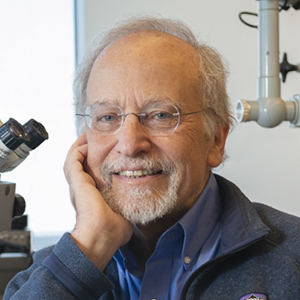
January 2021
National Eye Institute Award
Congratulations to Drs. Larry Benowitz and Paul Allen Rosenberg on their successful application to the National Institute of Health’s National Eye Institute. They will receive funding for their project titled An interneuronal signaling network governs the fate of retinal ganglion cells after optic nerve injury.
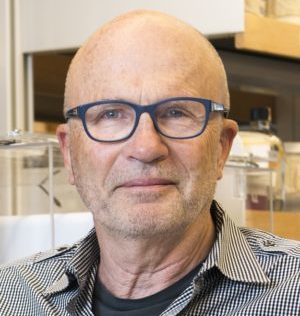
January 2021
National Institute Of Neurological Disorders And Stroke Award
Congratulations to Clifford Woolf whose project titled Unravelling mechanisms and novel therapeutic targets for peripheral neuropathy and neuropathic pain will be funded by the National Institutes of Health’s National Institute Of Neurological Disorders And Stroke.
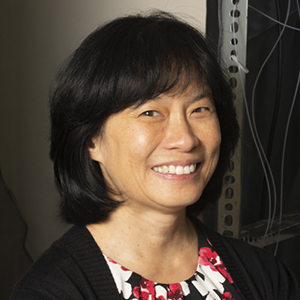
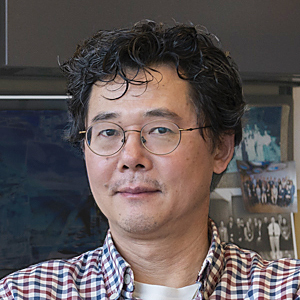


December 2020
Scientists at TAU develop new gene therapy for deafness
Tel Aviv University News reports on a new potential treatment for deafness based on the delivery of genetic material into the cells of the inner ear. The Kirby Center’s Jeffery Holt collaborated on this ground-breaking study.

December 2020
Greenberg END Blindness 2020 Prize
Congratulations to Zhigang He on being named a co-recipient of the Greenberg END Blindness 2020 Prize, a Sanford and Susan Greenberg Visionary Prize for uniquely valuable research having the greatest impact towards advancing restoration of vision in human patients.

November 2020
National Institute Of Neurological Disorders And Stroke R01 Award
Congratulations to Ann Poduri who was awarded National Institute Of Neurological Disorders And Stroke of the National Institutes of Health R01 funding for her project titled PCDH19-related Epilepsy-Human Genotype-Phenotype Studies Lead to Zebrafish Studies.

November 2020
2020 NIDCD Director’s Recognition Award
Congratulations to Gwenaelle Geleoc for being selected to receive a National Institute on Deafness and Other Communication Disorders (NIDCD) Director’s Recognition Award for outstanding accomplishments that have brought special credit to the NIDCD, and to the NIH. Dr. Geleoc will be receiving a group award for supporting or leading the first virtual EARssentials course, allowing for inner ear expertise to be passed to the next generation of inner ear researchers on an international scale during a global pandemic.
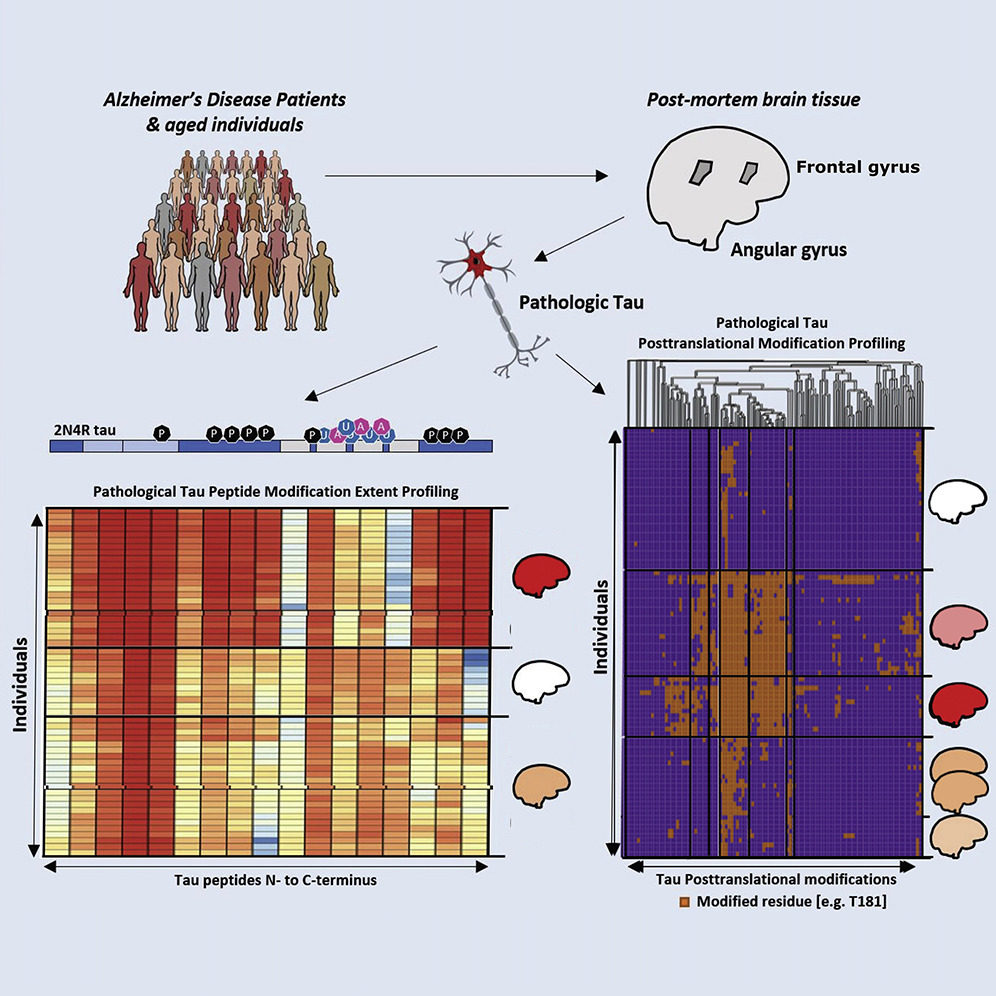
November 2020
Tau PTM Profiles Identify Patient Heterogeneity and Stages of Alzheimer’s Disease
Alzheimer’s disease (AD) is associated with aging and results in devastating disability and diminished quality of life; its occurrence will reach epidemic proportions by 2050 if not abated. The pathological hallmarks of AD are the two proteins β-amyloid (Aβ) and Tau. Aβ forms extracellular plaques (Glenner and Wong, 1984; Masters et al., 1985), whereas Tau forms intracellular neurofibrillary tangles (NFTs) (Grundke-Iqbal et al., 1986; Kosik et al., 1986; Wood et al., 1986). Although many studies have shown the importance of Aβ, therapeutic efforts targeting Aβ have not been successful, shifting the focus to Tau.
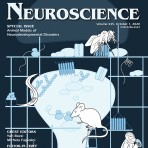
November 2020
Animal Models of Neurodevelopmental Disorders
Michela Fagiolini, together with Yuri Bozzi of the University of Trento, wrote an editorial introducing a special issue of the journal Neuroscience this October, on Animal Models of Neurodevelopmental Disorders. The special issue also includes a review article by Lauren Orefice, on peripheral somatosensory neuron dysfunction and its potential roles in ASDs, and a review article by Fagiolini & colleagues on taking a multidisciplinary approach to understanding the pathogenesis of MECP2-related disorders.

October 2020
Equipment and Core Resources Allocation Committee Awards
Congratulations to Chinfei Chen, Zhigang He, Alexander Rotenberg, Mustafa Sahin, and Judith Steen on their Equipment and Core Resources Allocation Committee awards. Dr. Chen received funding for an Upgrade of the Olympus Multiphoton Excitation Resonant Scanning microscope. Dr. Rotenberg was funded to purchase an electrophysiology rig with light microscope and Dr. He’s funding will support the purchase of a Countess II FL Automated Cell Counter. Dr. Sahin received funding for a benchtop orbital shaker and Dr. Steen received funding to purchase an UV-Vis spectrophotometer.
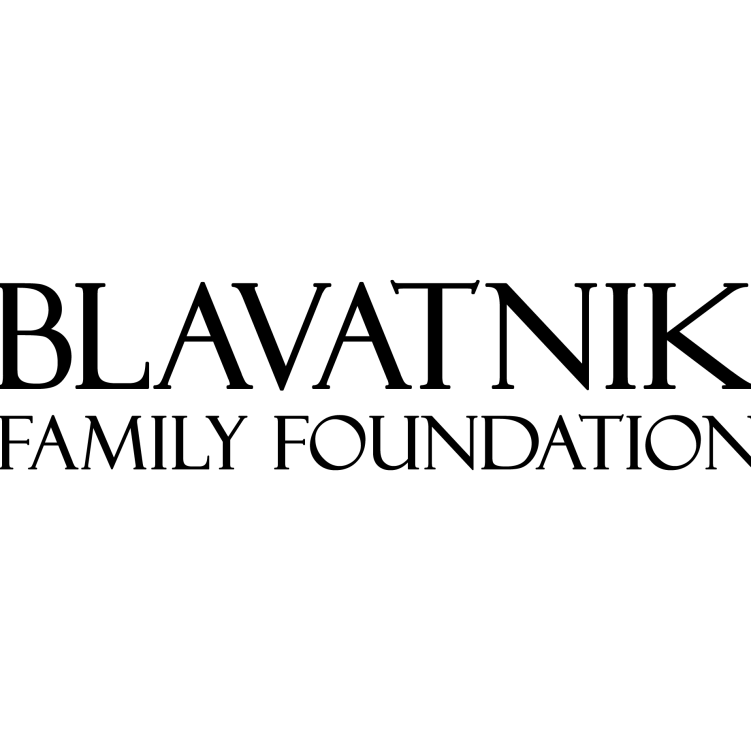
October 2020
Blavatnik Sensory Disorders Research Awards
Congratulations to Chinfei Chen and Clifford Woolf on their Blavatnik Sensory Disorders Research Awards. Six high-impact projects were selected to receive awards that will help propel Harvard Medical School’s mission to improve health and well-being for all by spurring the development of new therapies and the creation of new tools to diagnose, prevent and treat disease.
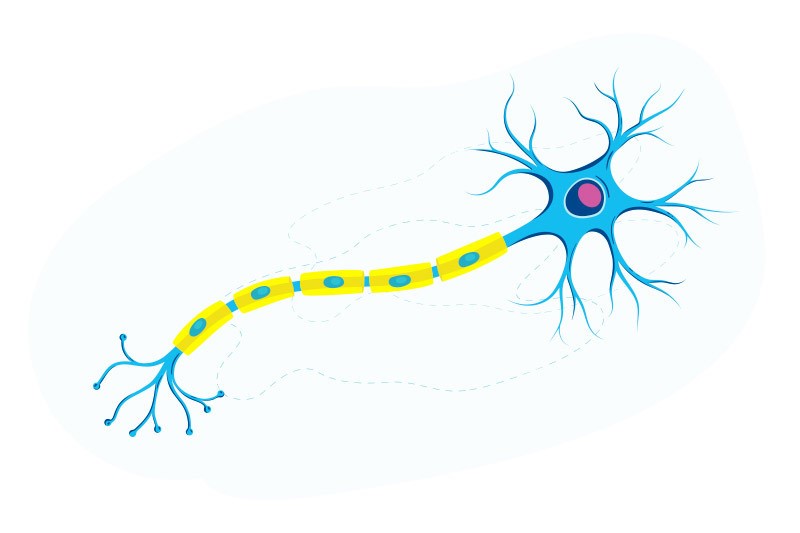
October 2020
New strategies for restoring myelin on damaged nerve cells
Loss of myelin — the fatty substance that surrounds the axons of nerve cells — is one of the reasons nerve cells fail to recover after injury and in some diseases. Myelin acts like insulation, covering the long axon threads that enable high-speed communication between neurons. Without myelin, the neurons may not be able to coordinate well, leading to less than optimal function. In new research from the laboratory of Zhigang He, PhD, of the F.M. Kirby Neurobiology Center, scientists discovered a two-pronged approach to restore myelin on regenerated axons in a mouse model of optic nerve injury. Their findings may have implications for disease associated with myelin loss, like multiple sclerosis (MS).
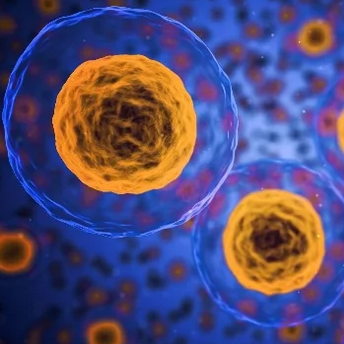
October 2020
To Make Mini-Organs Grow Faster, Give Them a Squeeze
The closer people are physically to one another, the higher the chance for exchange, of things like ideas, information, and even infection. Now researchers at MIT and Boston Children’s Hospital have found that, even in the microscopic environment within a single cell, physical crowding increases the chance for interactions, in a way that can significantly alter a cell’s health and development.
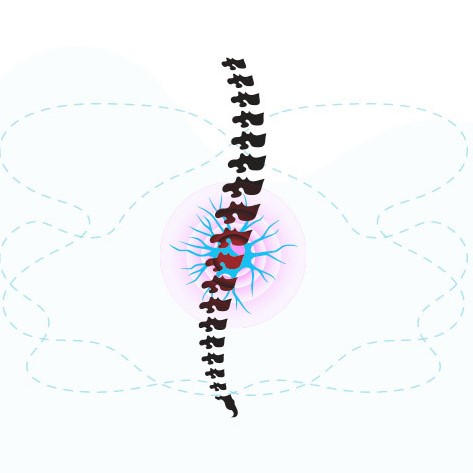
October 2020
Scar-free healing after spinal cord injury relies on specialized cells
One of the reasons people rarely recover from spinal cord injury is the scar tissue that develops, preventing nerve cells from reconnecting. But a new study from Zhigang He, PhD, of the F.M. Kirby Neurobiology Center at Boston Children’s Hospital, demonstrated a way to minimize scar cell formation in adult mice after a spinal cord injury. The study, published in Nature, offers insights for new approaches to treating spinal cord injuries.

September 2020
Kirby 2020 Innovation Grants
Congratulations to Drs. Tom Schwarz, Mike Do, Larry Benowitz, Alex Rotenberg, Paul Allen Rosenberg, Ann Poduri, Clifford Woolf, Judith Steen, and Todd Anthony on their Kirby 2020 Innovation Grants! Faculty will receive funding for their respective projects.
Tom Schwarz, Mike Do, and Larry Benowitz – Mitochondrial Disorders and Visual Dysfunction
Alex Rotenberg and Paul Allen Rosenberg – Can a magnet mimic ketamine?
Ann Poduri and Clifford Woolf – Genetic Epilepsy – Neuronal Excitability and Drug Screening in an iPSC-derived Model
Judith Steen – Fetal brain-immune Interactions in Congenital Viral Infection
Todd Anthony – Neural Circuitry of Opiod Withdrawal-Induced Sleep Disruption
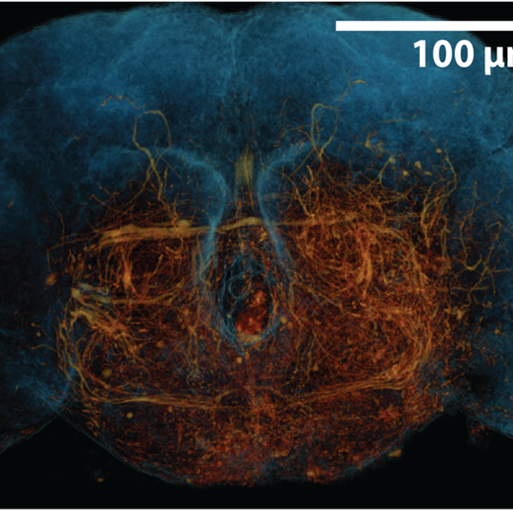
September 2020
X-Ray Vision: a New Imaging Approach for Large-Scale Connectomics
A major quest in neuroscience is to chart all of the neurons in the brain and their synaptic connections. Such a map, called a connectome, reveals how information can flow in neuronal circuits. Obtaining connectomes is challenging because it requires imaging large volumes with high resolution. Electron microscopy (EM) is often used for high resolution imaging, but typically only records a microscopic field of view. Thanks to recent efforts to automate and speed up EM, it is now feasible to image a complete fruit fly brain, but human or even mouse brains are still way too large for comprehensive EM imaging.
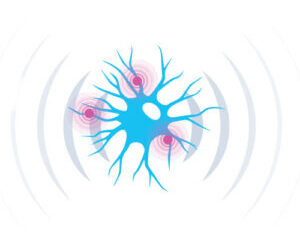
September 2020
Pain neurons activate immune cells, opening new treatment possibilities
For a long time, pain and inflammation were thought to be two separate biological responses. But new research by Dr. Clifford Woolf of Boston Children’s Hospital and international collaborators suggests that the same sensory neurons that produce pain also trigger inflammation. And they do so by activating cells of the immune system, a relationship never described before.

September 2020
Visual Responses of Retinal Axons are Selectively Shaped by Arousal
Our perception of the outside world can vary greatly depending on the state of our brain. If we are interested in a picture, even grainy details will not escape our eyes. When we doze off in a boring lecture, we may lose track of what is shown on the whiteboard, yet we can be quickly woken up by a sudden movement in front of us. The ability to flexibly filter visual information has long been thought to largely occur at late stages of processing, at the level of sensory cortex. However, earlier stages of visual processing such as the thalamus receive a variety of projections from the cortex and from neuromodulatory systems which can carry information of the brain states.

August 2020
Optimized Signal Flow through Photoreceptors Supports the High-Acuity Vision of Primates
The fovea is a neural specialization that endows humans and other primates with the sharpest vision among mammals. This performance originates in the foveal cones, which are extremely narrow and long to form a high-resolution pixel array. Puzzlingly, this form is predicted to impede electrical conduction to an extent that appears incompatible with vision. Dr. Michael Do and his lab observe the opposite: signal flow through even the longest cones (0.4-mm axons) is essentially lossless.

August 2020
Antisense Oligonucleotides for the Treatment of Usher Syndrome
The lab of Dr. Geleoc, at Boston Children’s Hospital, investigates the function of several hair cell genes associated with hearing loss including Usher syndrome and develops and assesses novel therapies to protect or restore auditory function. In collaboration with Dr. Lentz from Louisiana State University, she assessed the local use of short antisense oligonucleotides (ASO-29) which can alter translation and correct for mutations such as the Acadian USH1C splicing mutation (Lentz et al. Hum. Genet. 2005). The team assessed three different local applications of the ASO agent and demonstrated that intracochlear injection led to unprecedented recovery of auditory and vestibular function.

June 2020
Base Editing Gene Therapy Restores Hearing in Mice
Current treatments for hearing loss focus on amplifying sound, rather than targeting the cause of the disease. Now, a team of researchers report the use of base editors to treat Baringo mice—a mouse model of recessive genetic deafness caused by a point mutation in the transmembrane channel-like 1 gene Tmc1.
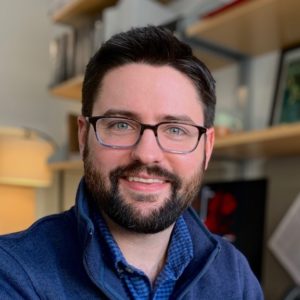
June 2020
Regenerative medicine could pave the way to treating baldness
When hair follicles were first generated from stem cells that had been isolated from adult mouse skin, Jay Leno — a former host of US talk show The Tonight Show — joked that scientists “cured baldness … at least in mice”. Sixteen years on, the current host will have the opportunity to mention that scientists have ‘cured’ baldness in humans, now that Lee et al., writing in Nature, have regenerated hair follicles from human stem cells.

May 2020
Alexander Ren Awarded Hoopes Prize
Congratulations to Alexander Ren and Dr. Clifford Woolf recipients of a Hoopes Prize for the project titled “Modeling NaV1.7 Channelopathies Using Genetically-Engineered Human iPSC-Derived Sensory Neurons.” The Prize recognizes undergraduates on the basis of outstanding scholarly work or research.

May 2020
Michela Fagiolini Awarded Equipment Funding
Congratulations to Michela Fagiolini recipient of an equipment award from the Institutional Centers for Clinical and Translational Research (ICCTR).
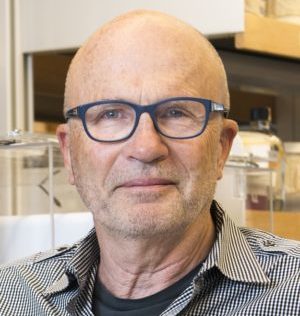
April 2020
Clifford Woolf Elected to American Academy of Arts and Sciences
Congratulations to Clifford Woolf one of six Harvard Medical School faculty among 276 individuals elected to the 2020 class of the American Academy of Arts and Sciences. AAAS is an honorary society and an independent policy research center that honors excellence and engages leaders from various disciplines to provide solutions to complex challenges facing the world.

April 2020
Jonathan Lipton awarded 4 year NIH grant
Congratulations to Jonathan Lipton, who received his first Research Project grant from NIH, a 4 year award from the National Heart, Lung, and Blood Institute to study circadian mechanisms of cellular resilience: rhythmic condensates, disorder, and stress.

January 2020
Scientists are unraveling the mysteries of pain
With the opioid crisis, the quest to understand the biology of pain and explore new ways to treat it has taken on fresh urgency.
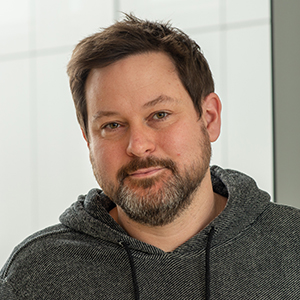
NOVEMBER 2019
Internal brain timers linked with motivation and behavior
Time can be measured in many ways, but what about the sexual behavior of a fruit fly? In collaboration with the lab of Dragana Rogulja, PhD at Harvard Medical School, Crickmore shows that the mating behavior of fruit flies is not haphazard. Instead, motivation and behavior are under the control of neurons that track time.

NOVEMBER 2019
Jeff Holt awarded Scientific Grand Prize from Fondation Pour l’Audition
Fondation Pour l’Audition’ Scientifics Prizes reward and support talented persons of audition research, in France and abroad, for their scientific advances and discoveries. Jeffrey Holt has been awarded for his discovery of a main protein in the auditory system: the TMC1 protein.
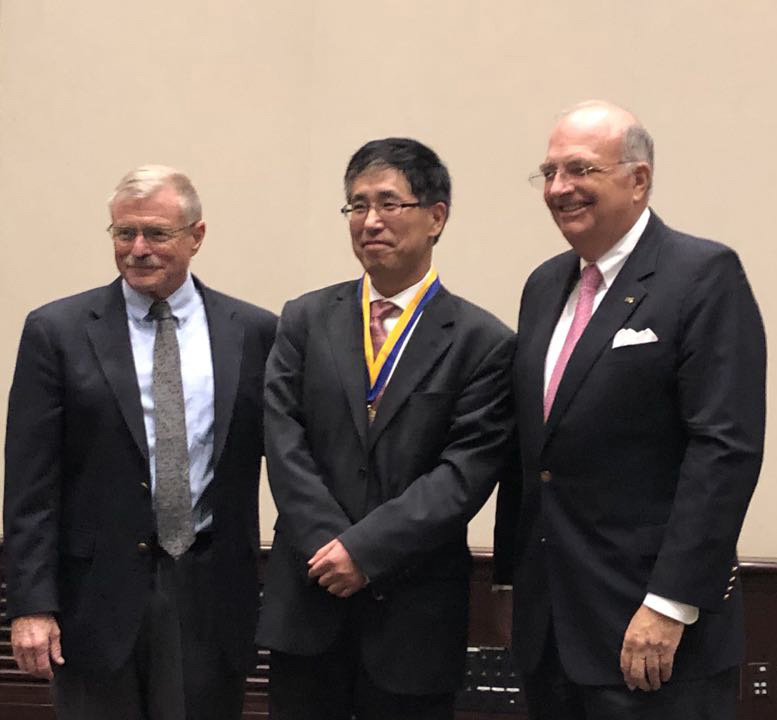
NOVEMBER 2019
Zhigang He receives 2019 Reeve-Irvine Research Medal
The Reeve-Irvine Research Medal recognizes an individual, or individuals, who have made highly meritorious scientific contributions in the area of spinal cord repair, and whose research has stood the test of time and scrutiny. The medal includes a $50,000 cash award generously provided by Joan Irvine Smith and the Athalie R. Clarke Foundation. Their kindness has made it possible to continue to recognize the work of pioneering investigators whose work has brought us closer to cures for afflictions affecting the spinal cord. The 20th Reeve-Irvine Research Medal is awarded to Dr. Zhigang He for his critical contributions to promoting axonal plasticity and regeneration after spinal cord injury .
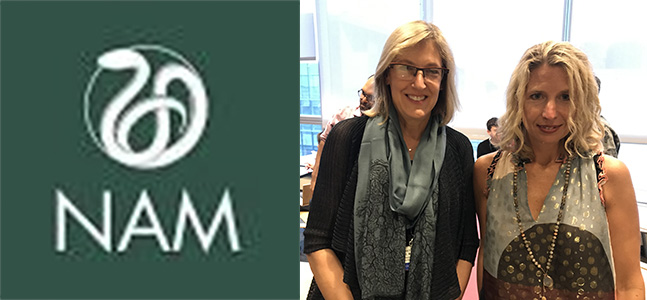
OCTOBER 2019
Elizabeth Engle and Beth Stevens elected to National Academy of Medicine
Two Boston Children’s Hospital faculty members have been elected to the prestigious National Academy of Medicine (NAM), bringing Boston Children’s total number of current NAM members to 21.

JULY 2019
Measuring pupil dilation and heart rate using AI could enable earlier diagnosis of autism
New research this week in PNAS suggests that two simple, quantifiable measures — spontaneous fluctuations in pupil dilation or heart rate– could enable much earlier diagnosis of Rett syndrome and possibly other disorders with autism-like features.
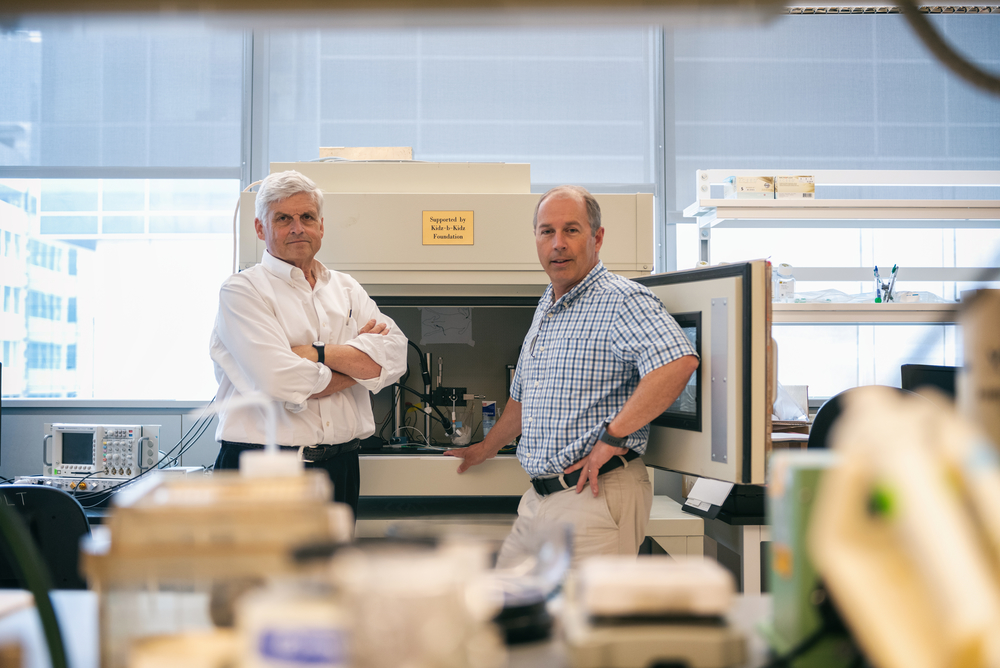
JULY 2019
Saving Beethoven
Optimized gene-editing tool prevents hearing loss in mice with hereditary deafness without detectable off-target effects.
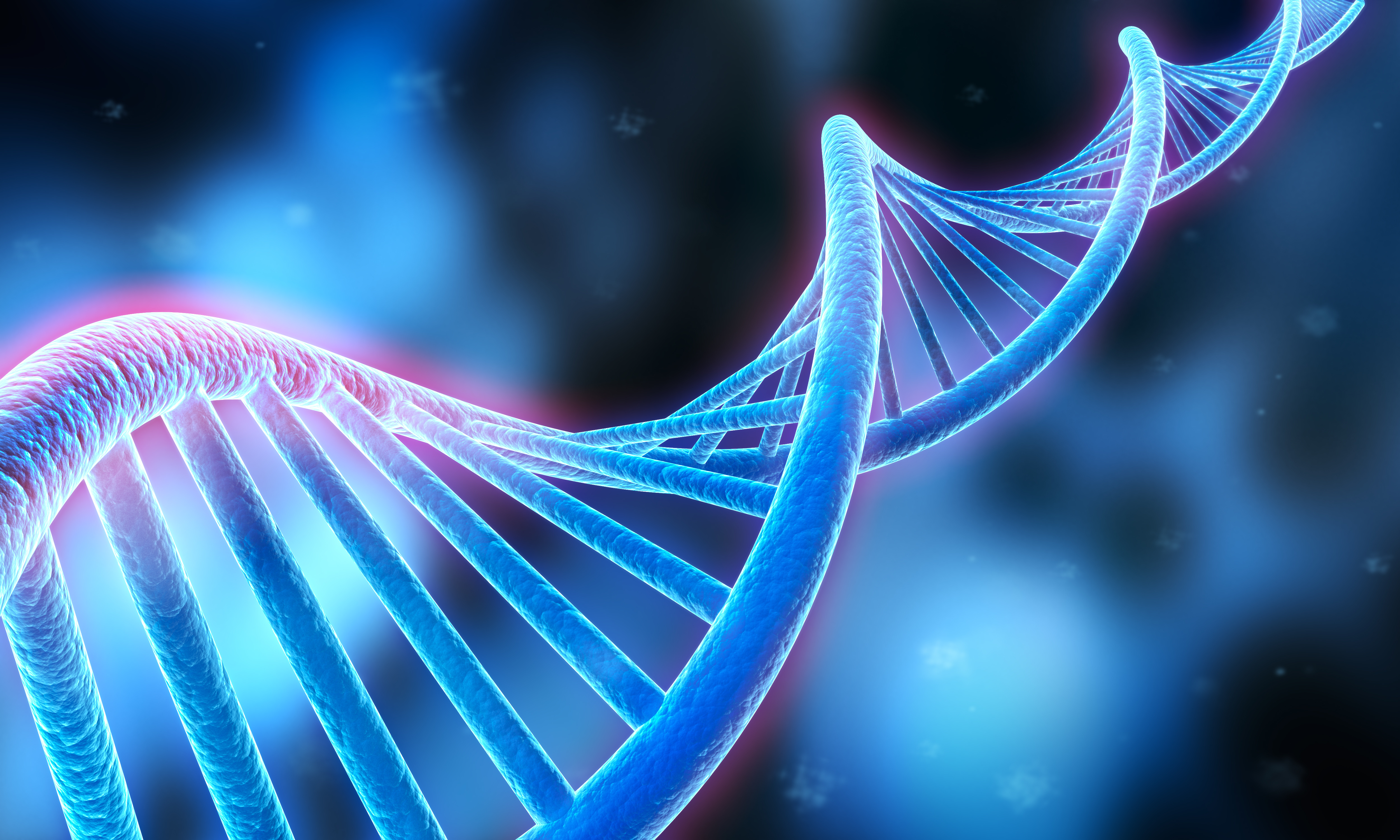
JUNE 2019
Panel urges new genetic test for neurodevelopmental disorders
An international group of doctors and scientists, led by Boston Children’s Hospital, is urging the medical community to embrace — and health insurers to pay for — a new genetic technology as a first-line test for autism and other disorders affecting the development of the brain and nervous system.
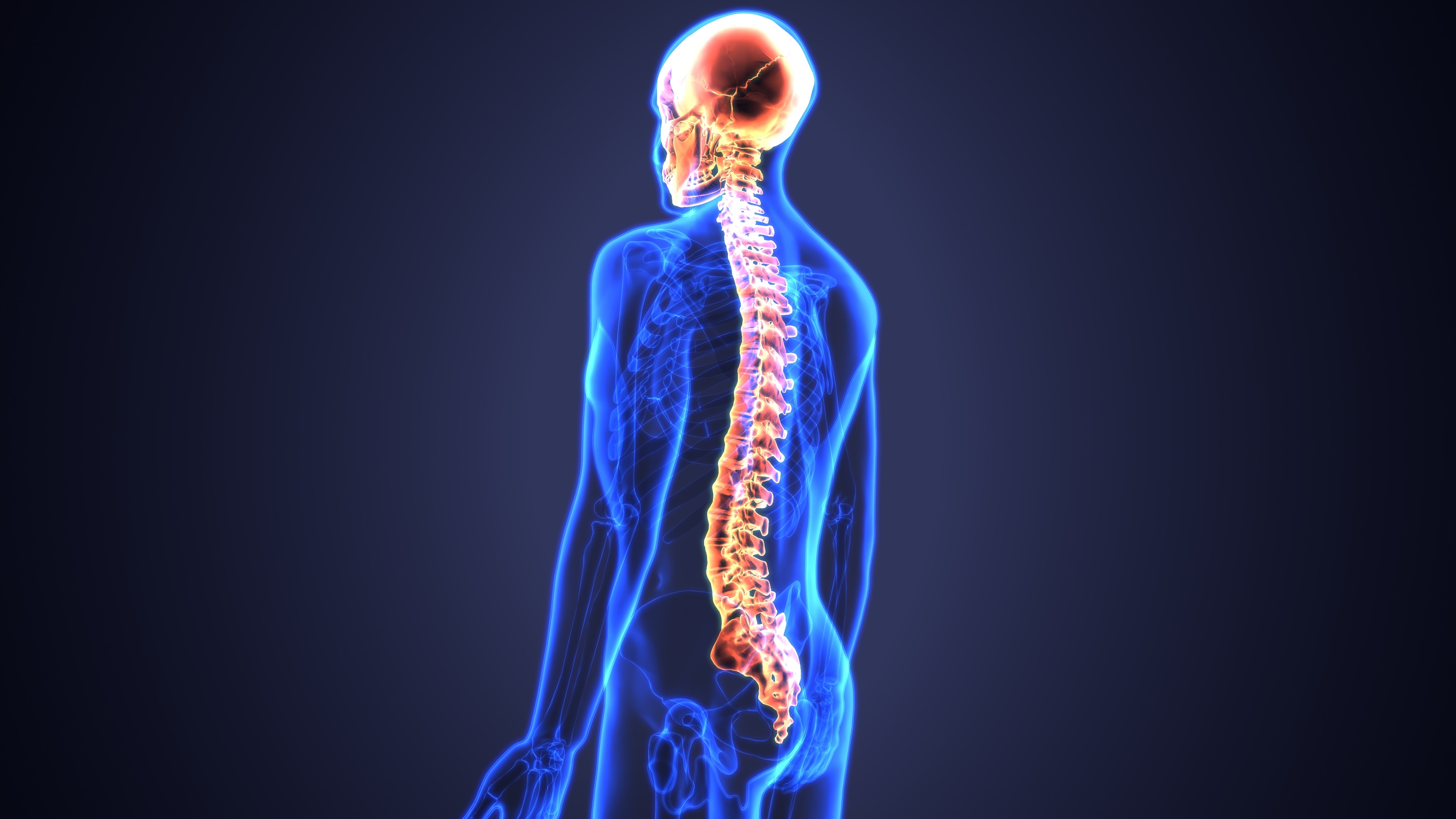
MAY 2019
Discoveries promise new strides for spinal cord injury patients
On BCH’s Discoveries blog, Zhigang He and Clifford Woolf discuss progress made to develop treatments that might possibly improve the lives of patients who suffer from paralysis and other medical problems.

MARCH-APRIL 2019
The Opioids Emergency
In a Harvard Magazine piece on the opioid crisis, Clifford Woolf discusses his work to develop a new drug that could replace opioids in the treatment of “spontaneous pain”.
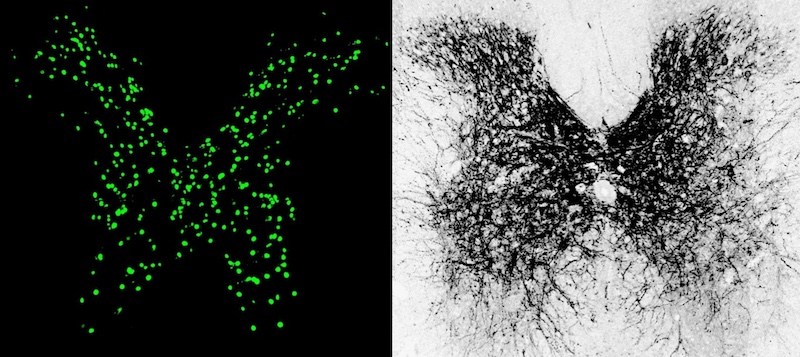
AUGUST 2018
New hope for spinal cord injury patients
Boston Globe August 8, 2018
The Boston Globe reports on how a new study by Zhigang He provides insight into why uninjured parts of the spinal cord stop working after a spinal cord injury and how these parts can be revitalized.

